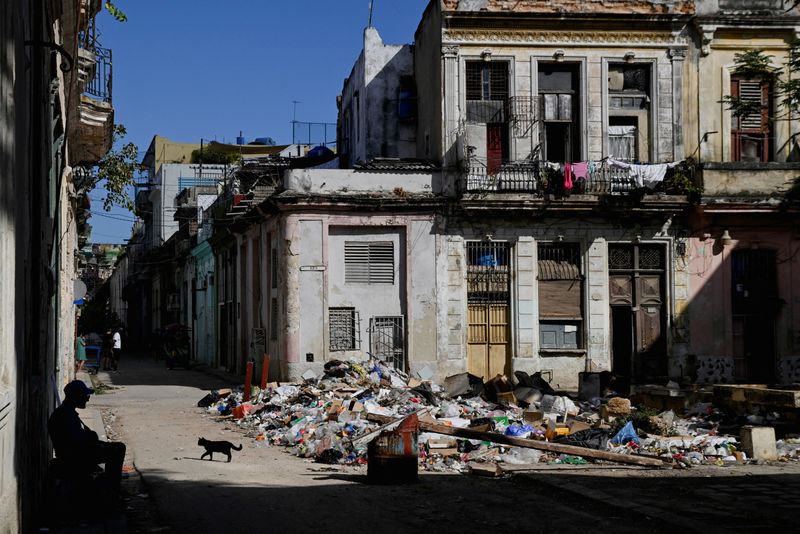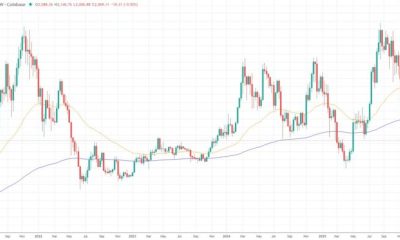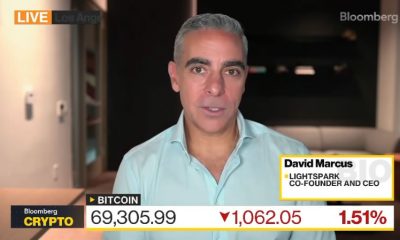Home retail giant bought by US investment giant Carlyle last year
Home shopping giant the Very Group has announced a new long-term funding deal under its new owners in a move bosses say positions the company for growth. The Liverpool-based group has extended and renewed its key debt facilities to give it long-term funding to 2029 and beyond.
Very was taken over by American investment group Carlyle last year after 20 years under the ownership of the Barclay family. Very has now completed the refinancing and says the move “leaves the business well positioned for the next stage of its growth”.
All note classes within the group’s UK securitisation facility have been extended, with maturities extended to February 1, 2029. The group says that move secures its funding for the next three financial years.
Very’s £1.77bn securitisation facility has now been operating for over two decades. It says Fitch has confirmed ratings of “AAA” and “A” for the A notes and “BBB” for the B notes, while fellow credit rating agency DBRS uprated the notes “AAA” and “AA” respectively.
Meanwhile Very’s £150m super senior revolving credit facility has been renewed and its maturity extended to February 2030. As the group has met deleveraging conditions set out in the terms of its senior secured notes, their coupon rate has been lowered from 13.5% to 9.75% while maturity has been extended from August 2027 to August 2030.
The company added: “The group’s overall debt has been reduced by £150m with Carlyle’s capital support, which is expected to be positively acknowledged by rating agencies.”
Edward Fry, chief financial officer at The Very Group, said: “Securing this long-term funding reflects the confidence of our lenders in the strength of our business. The combination of extended maturities, improved margins and further deleveraging provides a stable platform for continued investment in our digital and customer proposition, while maintaining a disciplined approach to balance sheet management.
“The £150m capital support from Carlyle is a reflection of their strong and ongoing support for the business. This leaves us in a robust financial position and well placed to support future growth.”
Carlyle confirmed its takeover of Very in November. Announcing the deal, Very Group CEO Robbie Feather said: “This marks an important milestone for The Very Group as we move into an exciting new phase of growth.
“We are delighted to continue to partner with Carlyle and IMI. Their continued backing provides us with a stronger foundation to execute on our strategy, increase investment in technology and the customer experience, and to build on the momentum across the business.”
Very Group has its distribution hub at Skygate in the East Midlands, as well as bases in London, Bolton, Wrexham and Dublin.






























































